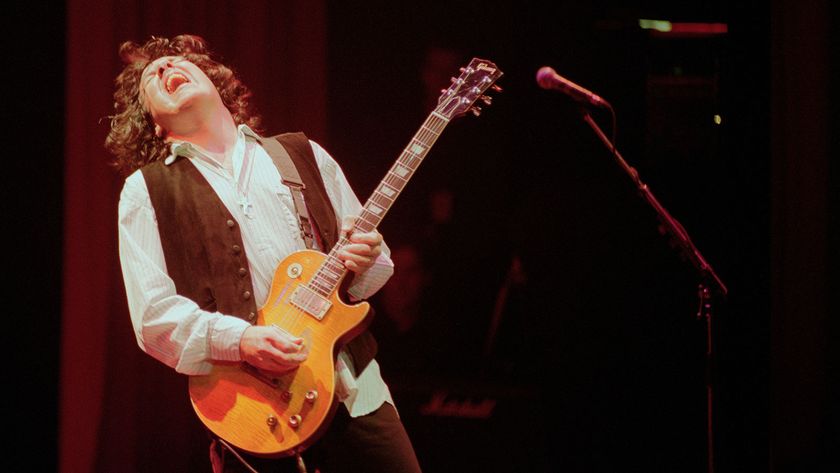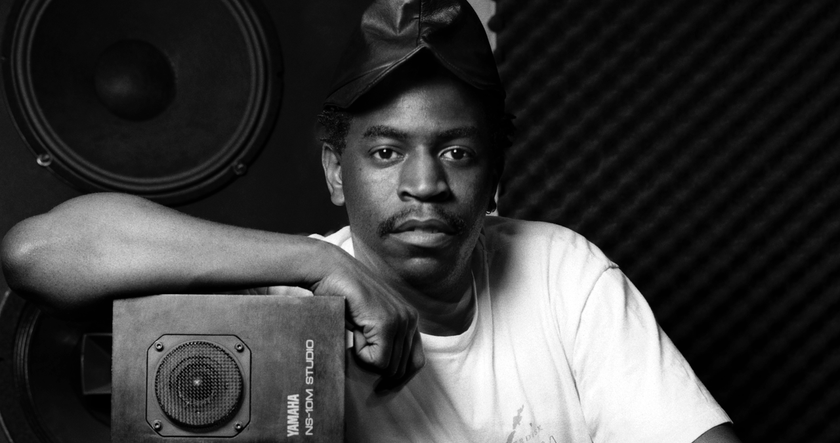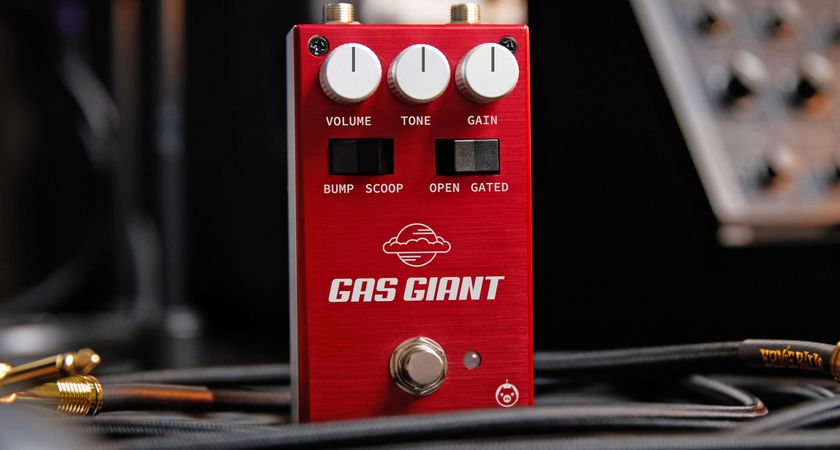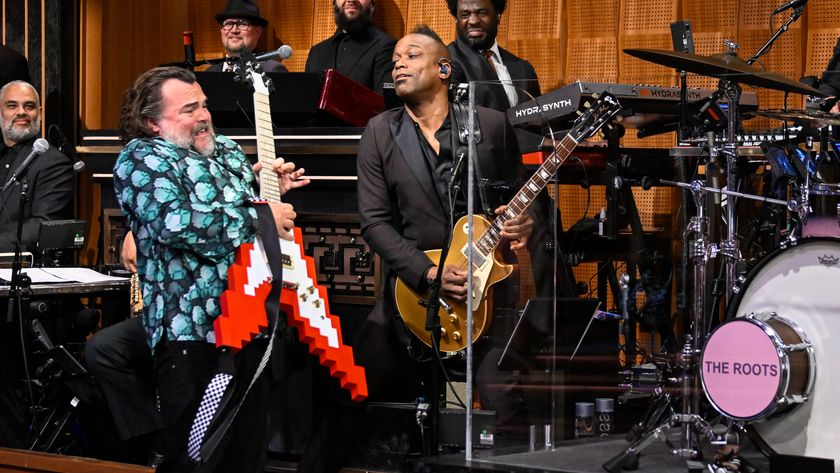“These amplifiers set a new standard in high-performance amplification”: Blackstar unveils the St James 100, its state-of-the-art flagship tube amp and “world’s lightest” in its class – featuring switchable power tubes, CabRig tech and more
Can't decide between EL34s and 6L6s? Blackstar allows you to choose between them or use them together in this four-channel beast, now available as a 100W head or 2x12 combo
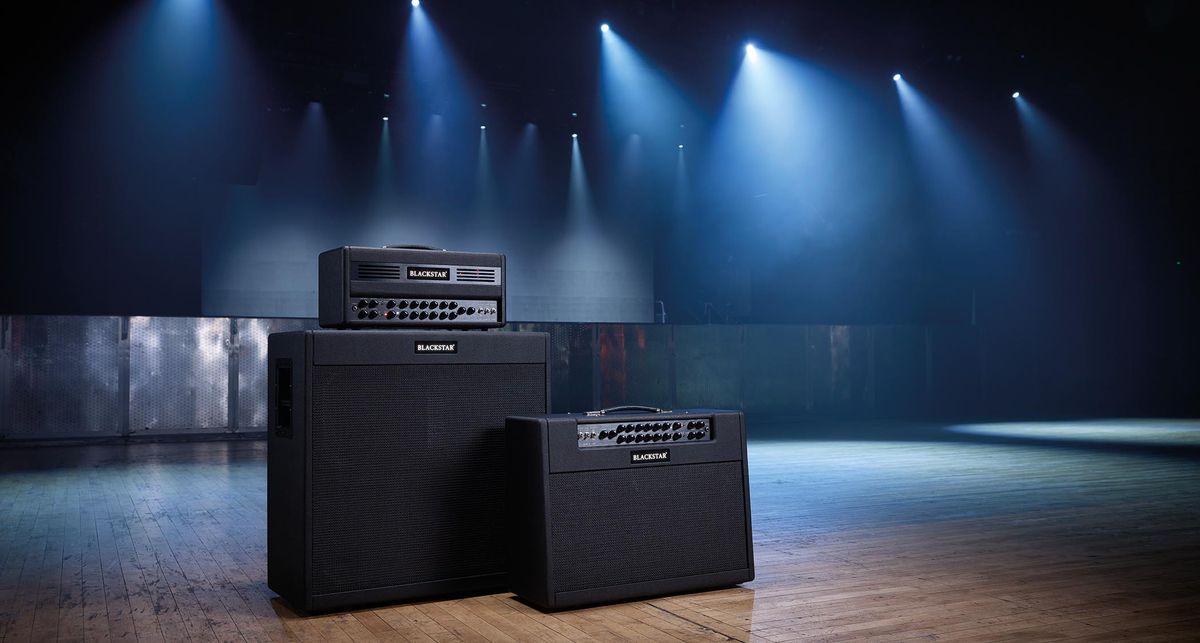
Blackstar has fully engaged beast mode with the unveiling of its new four-channel flagship tube amplifier, the St James 100 – a feature-packed 100-watt monster that arrives as a 2x12 combo and head with matching cab, and the capability to select and mix your power tubes.
There are a lot of headline-worthy details on these guitar amps. For one, Blackstar says they are the “world’s lightest” in their class, a leitmotif of the MusicRadar approved St James series. And it’s not even close.
By Blackstar’s figures, the St James 100 head at 10kg is up to 53 per cent lighter than its rivals. The combo is up to 43 per cent lighter than comparable 2x12s. It weighs 19.52kg, so you still have to bend the knees when picking it up and, no, we can’t help you up the stairs with it, but considerably lighter than, say, a Vox AC30’s 32.2kg.
Secondly, its onboard power scaling offers a very clever alternative to the rotary selector switches you more commonly see. On the St James 100 amps, the power scaling is continuously variable, allowing you to dial it down from 100 per cent to five per cent, presenting the same level of compression and saturation – not to mention feel – at lower volumes.



This is always super useful. But lets not get kid ourselves here; these things are engineered for volume, with plenty of juice to push air around the room. And the St James 100’s power section is arguably its most exciting feature.
Under the hood you have a pair of EL34 power tubes and a pair of 6L6s. You can choose which you prefer and run the amp at 50-watts, or you can combine the power tubes for the best of both worlds at 100-watts. The preamp, meanwhile, houses a trio of ECC83s.
Blackstar presents this firepower across four channels, paired into Crunch and Clean, Overdrive 1 and Overdrive 2, with a three-band EQ serving each pair.
Get the MusicRadar Newsletter
Want all the hottest music and gear news, reviews, deals, features and more, direct to your inbox? Sign up here.


The Clean channel is inspired by American-style tube sounds of the ‘60s. Think Fender amps, clean bright, solid low-end, tight and ideal as a platform for pedals. The Crunch channel is more Class A/British in its vibe, which has a looser feel.
The OD 1 channel applies Blackstar’s cascaded tube drive circuits with a “British-style” passive tone stack. The OD 2 is your full metal jacket channel; more saturation, more chug, all the things you need for metal guitar. There is in enough gain to support the thesis that this is Blackstar's ultimate metal amp but it does a lot more.
Each channel pairing has its own Reverb and Presence controls. There are Tight and Boost switches to further sculpt your tone. The channels and their different voicings, boost and reverb are all switchable via Blackstar’s six-way FS-23 footswitch (sold separately, price TBC). Take the boost for instance. There is a Solo mini-pot that allows you to adjust this to anywhere between +2dB and +6dB.


Maybe you can mount that footswitch on your pedalboard. Your ‘board is certainly invited to the party, with an effects loop that can be switched between parallel or series.
And last but definitely not least, these ship with Blackstar’s IR-based CabRig DSP technology, and a built-in reactive load that allows you to send the signal straight to the PA or DAW when recording.


That well-stocked back panel included MIDI, USB and balanced XLR outputs. When you hook the St James 100 up to your computer via USB you can make deep edits via Blackstar’s Architect software.
A matching 4x12 cabinet is available for the head. The 2x12 houses a pair of Celestion G12Z-70 Zephyr drivers in an open-backed cabinet.
Prices TBC. For more details, head over to Blackstar Amplification.
Jonathan Horsley has been writing about guitars and guitar culture since 2005, playing them since 1990, and regularly contributes to MusicRadar, Total Guitar and Guitar World. He uses Jazz III nylon picks, 10s during the week, 9s at the weekend, and shamefully still struggles with rhythm figure one of Van Halen’s Panama.
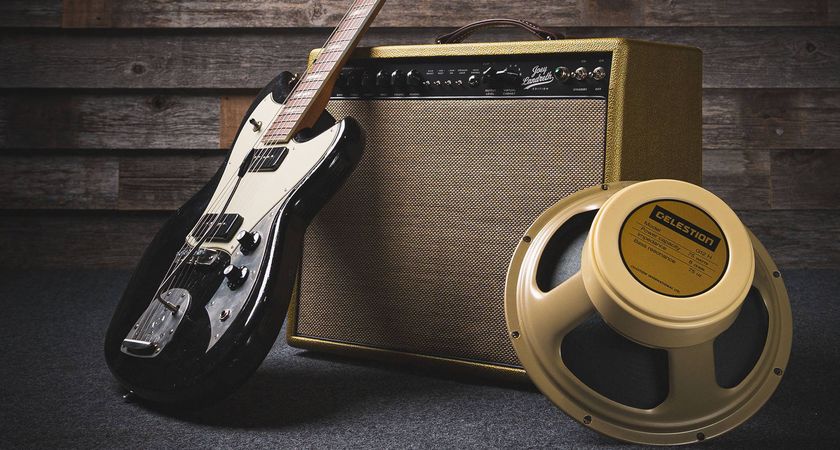
“It showcases a straightforward single-channel layout ideal for both clean tones and mild breakup tones”: Revv Amplification and Joey Landreth join forces for a signature take on the D25 tube combo with onboard virtual cabs/IRs
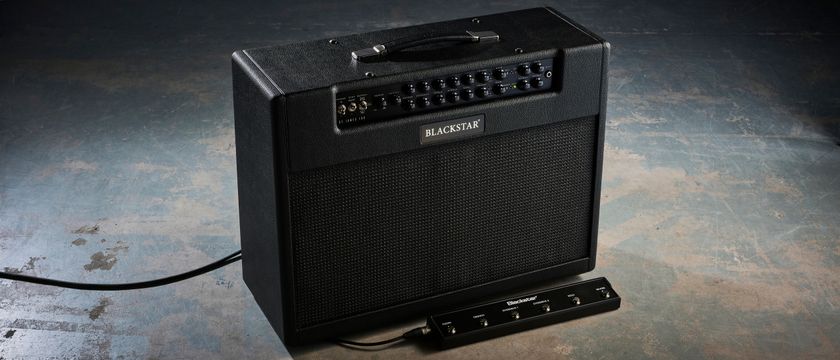
“A truly modern take on the high-powered super amp, full of clever design decisions and boasting features which open it up to all sorts of uses”: Blackstar St James 100 212


